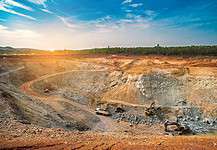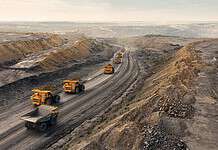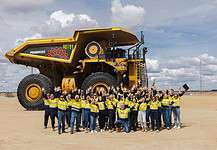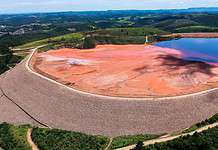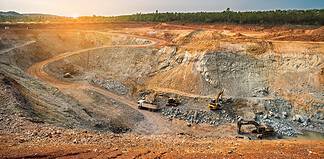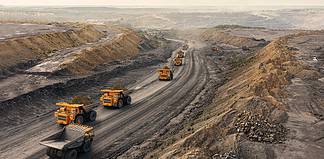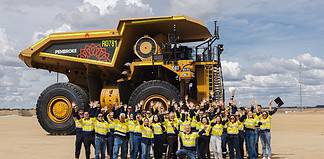CME calls for tax credits for battery and critical minerals projects
The Chamber of Minerals and Energy of WA (CME) has recommended the introduction of a production tax credit for battery and critical minerals projects as part of its submission to the federal government ahead of the May Budget.
CME chief executive officer Rebecca Tomkinson says Australia needs to act now to mitigate intense global competition for investment capital amidst geopolitical tensions, rising costs and persistent labour shortages.?
“In line with our repeated calls for competitive and stable fiscal settings, the introduction of a production tax credit for battery and critical minerals projects is another key recommendation, especially in light of the recent commodity price falls for nickel and lithium,” she said.??
“Tangible actions like this will support Australia’s broader ambitions to sustain a globally-competitive, value-adding battery minerals industry.”?
In support of its submission, the CME referred to the International Institute for Management Development competitiveness rankings which placed Australia 19th out of 64 countries on overall competitiveness.
Twelve key competitor jurisdictions for resources and energy investment, including the USA (9th), Qatar (12th) and Canada (15th), all scored more favourably.
Australia is ranked 25th in tax policy competitiveness, with Australia’s effective marginal corporate tax rate of 32.9% in 2022 the eleventh highest among OECD countries, and almost double that of Canada’s.
Ms Tomkinson also highlights the continued necessity for a low-emission, reliable and globally cost-competitive energy system for the resources sector to achieve emissions reduction targets while providing the minerals and energy commodities required to deliver the energy transition.?
“The sad fact is the majority of these recommendations are not new asks of government. The playlist is much the same in 2024 as it was in 2023, 2022 and through to pre-covid years,” she said.??
“Most of all, we need action. We need governments to do what they say they will do in a timeframe that keeps our state and our country competitive.”?
The CME also recommended the Federal Government provide WA with increased allocations under temporary and permanent skilled migration programs, reflecting the state’s labour requirements and relative importance to the national economy and net zero ambitions, as part of its list of recommendations.
The Chamber of Minerals and Energy of WA (CME) has recommended the introduction of a production tax credit for battery and critical minerals projects as part of its submission to the federal government ahead of the May Budget.
CME chief executive officer Rebecca Tomkinson says Australia needs to act now to mitigate intense global competition for investment capital amidst geopolitical tensions, rising costs and persistent labour shortages.?
“In line with our repeated calls for competitive and stable fiscal settings, the introduction of a production tax credit for battery and critical minerals projects is another key recommendation, especially in light of the recent commodity price falls for nickel and lithium,” she said.??
“Tangible actions like this will support Australia’s broader ambitions to sustain a globally-competitive, value-adding battery minerals industry.”?
In support of its submission, the CME referred to the International Institute for Management Development competitiveness rankings which placed Australia 19th out of 64 countries on overall competitiveness.
Twelve key competitor jurisdictions for resources and energy investment, including the USA (9th), Qatar (12th) and Canada (15th), all scored more favourably.
Australia is ranked 25th in tax policy competitiveness, with Australia’s effective marginal corporate tax rate of 32.9% in 2022 the eleventh highest among OECD countries, and almost double that of Canada’s.
Ms Tomkinson also highlights the continued necessity for a low-emission, reliable and globally cost-competitive energy system for the resources sector to achieve emissions reduction targets while providing the minerals and energy commodities required to deliver the energy transition.?
“The sad fact is the majority of these recommendations are not new asks of government. The playlist is much the same in 2024 as it was in 2023, 2022 and through to pre-covid years,” she said.??
“Most of all, we need action. We need governments to do what they say they will do in a timeframe that keeps our state and our country competitive.”?
The CME also recommended the Federal Government provide WA with increased allocations under temporary and permanent skilled migration programs, reflecting the state’s labour requirements and relative importance to the national economy and net zero ambitions, as part of its list of recommendations.


